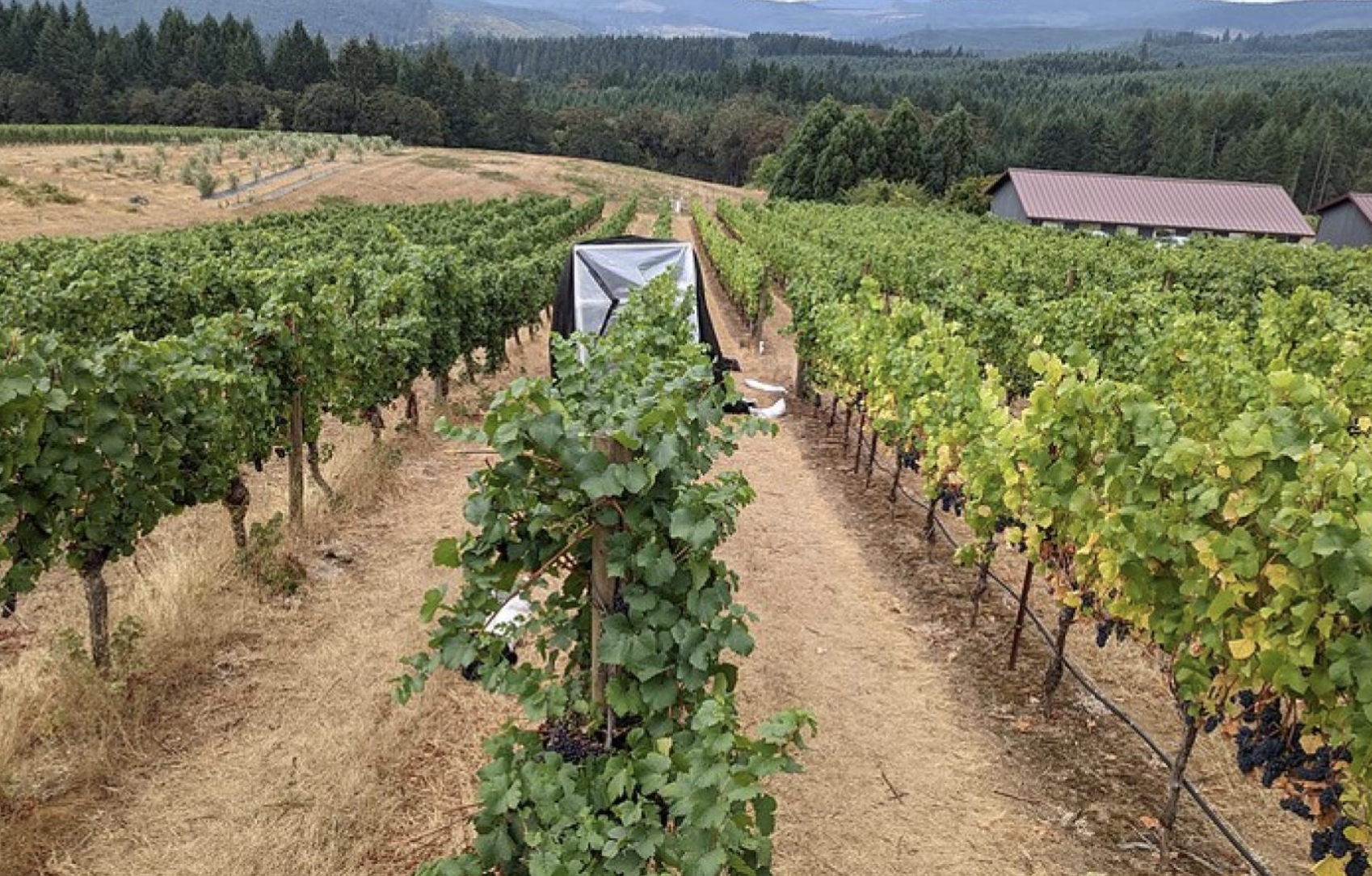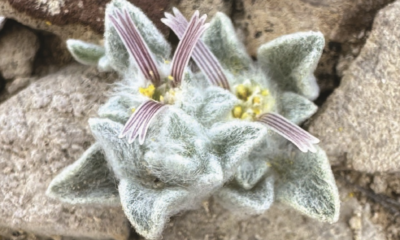Health
Study Shows Many Consumers Like Smoke-Impacted Wines, Offering Hope To Winemakers After Wildfires

-

 News Video2 days ago
News Video2 days agoWestern Lowland Gorillas Explore, Snack in New Habitat at Brookfield Zoo Chicago in Illinois
-

 News Video2 days ago
News Video2 days agoFreddie Mercury Celebrates 55th Birthday at the Denver Zoo Conservation Alliance – Freddie is the Oldest Flamingo at the Zoo per the DZCA
-
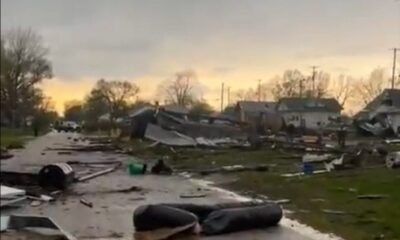
 News Video2 days ago
News Video2 days agoIn Storm Damage. Homes Destroyed, Other Scenes in Princeton, Indiana
-

 News Video2 days ago
News Video2 days agoEinstein the African Grey Parrot Sings Happy Birthday to Herself, Mimicks Different Animal Sounds for her 38th ‘Hatch Day’ at the Knoxville Zoo in Tenn
-

 News Video2 days ago
News Video2 days agoHawaii: Macy the Dog Meets Young Male Whale While on Boat Near Lahaina
-
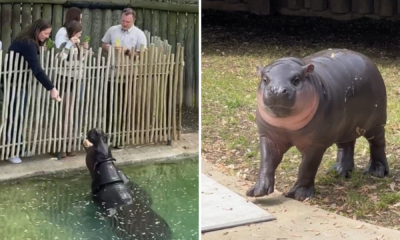
 News Video2 days ago
News Video2 days agoViral Hippo Poppy and Mom Iris Interact with Zoogoers at Metro Richmond Zoo in VA – Zoo Announces New Pygmy Hippo Outdoor Experience
-

 News Video2 days ago
News Video2 days agoDire Wolf, Extinct for Over 10,000 Years Brought Back. Romulus and Remus—the worlds first de-extinct animals, born on October 1, 2024. Colossal Biosciences Based in Dallas, TX
-

 News Video2 days ago
News Video2 days agoEndangered Western Santa Cruz Galapagos Tortoises Hatch at Philadelphia Zoo For First Time, 100-year-old Mother Tortoise Becomes Oldest First Time Mother of Species Per Zoo
-
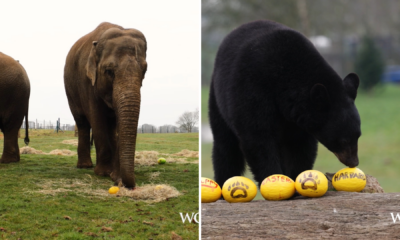
 News Video2 days ago
News Video2 days agoElephants, Bears Hunt Easter Eggs Made from Moulds of Various Foods at the Woburn Safari Park in Ridgmont
-

 Celebrity News2 days ago
Celebrity News2 days agoShirley MacLaine Still Lives Life Her Way — Even If It Worries Friends
-

 News Video2 days ago
News Video2 days agoScarlett Macaw Chicks -highly threatened by poaching and habitat loss Shown Before Being Released Into the Wild in Newly Released Video
-

 Celebrity News2 days ago
Celebrity News2 days agoPatrick Schwarzenegger and Fiancée Abby Champion Wedding Plans Still on Hold as His Fame Heats Up
